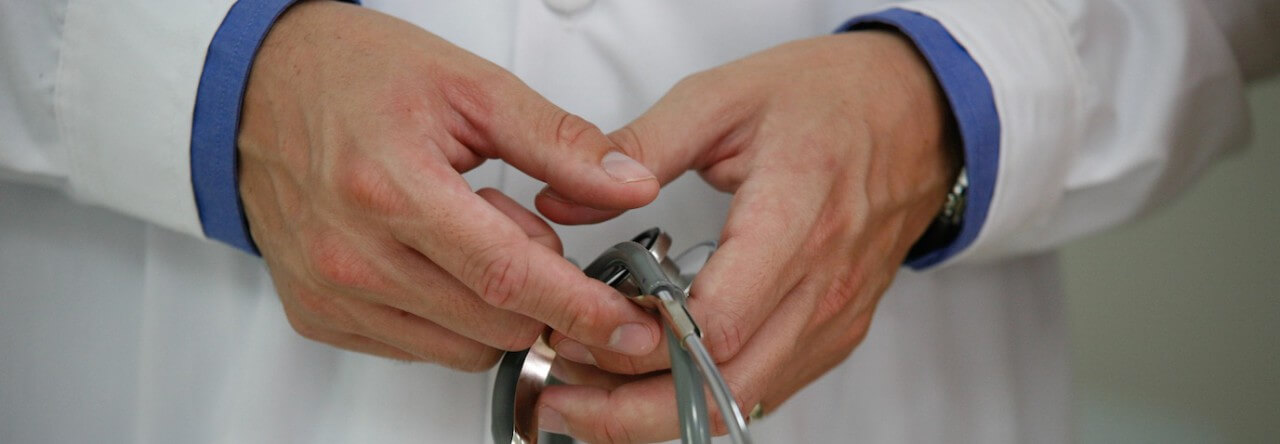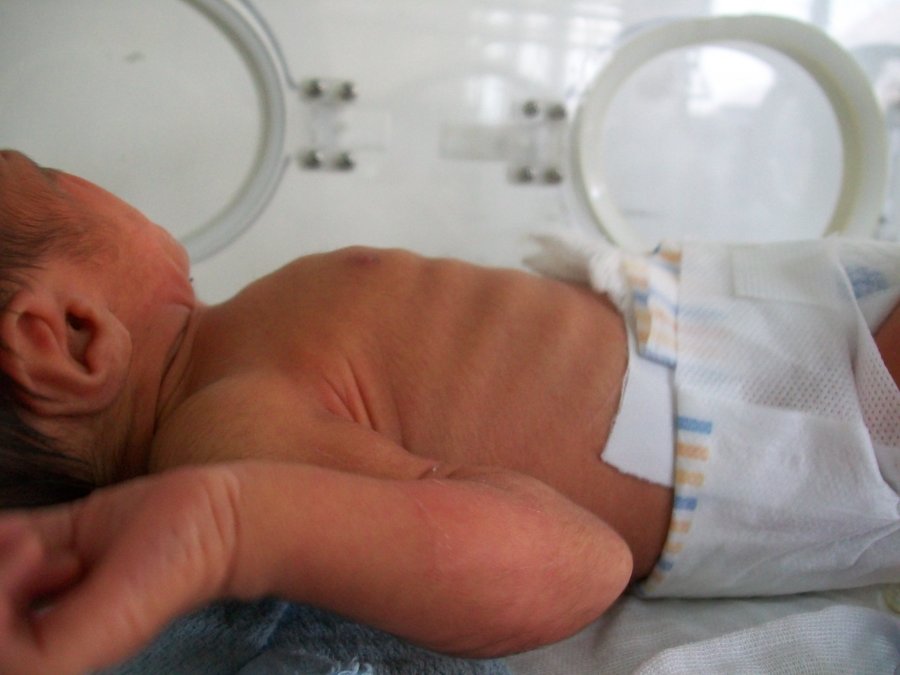Respiratory distress syndrome, or RDS, is a common lung complaint for infants. This is especially true in premature babies, born before 37 weeks. The more premature the baby, the greater the chance the child will develop RDS.
RDS is caused by a shortage of pulmonary surfactant. Surfactant is a liquid that helps keep air sacs in the lungs, known as alveoli, open. Alveoli are critical. They are the site of the exchange of oxygen and carbon dioxide. They make it possible for the blood to be oxygenated fully. Since surfactant makes this possible, it’s a very important substance indeed.
There are several risk factors for RDS. In addition to prematurity, babies with RDS are more likely to be white, male, and multiples. Mothers with diabetes are more likely to give birth to RDS babies. Babies delivered by c-section are also more likely to develop this problem.
Parents of babies with some of these risk factors should be aware of the symptoms of respiratory distress syndrome. Babies with RDS breathe fast. They may grunt, making an ugh sound with each breath. Their nostrils will flare every time they breathe. Finally, they can have retractions, where the skin pulls under the rib cage or in between ribs with each breath. Their skin may not be as pink as that of a typical baby.
Luckily, there is treatment for RDS these days. Delivery of oxygen by nasal cannula is one treatment. A CPAP, or continuous positive airway pressure, machine can be used to push air into an infant’s lungs. This will keep the alveoli open. Severe cases of RDS can require a ventilator.
Ventilators are a serious measure. They require intubation, or a tube being placed down the infant’s windpipe. Ventilators are only used in babies who can’t breathe well without assistance.
In addition to helping deliver more oxygen, the issue of a lack of surfactant can also be addressed. Surfactant can be delivered directly to the lungs, also via intubation. Medications to calm the infant are also used, especially when intubation is required.
RDS can sometimes also be associated with infections. In those cases, antibiotics may be given to the infant. Not every baby requires all of these treatments. In some cases, babies get worse before getting better. RDS is, in general, very treatable.

